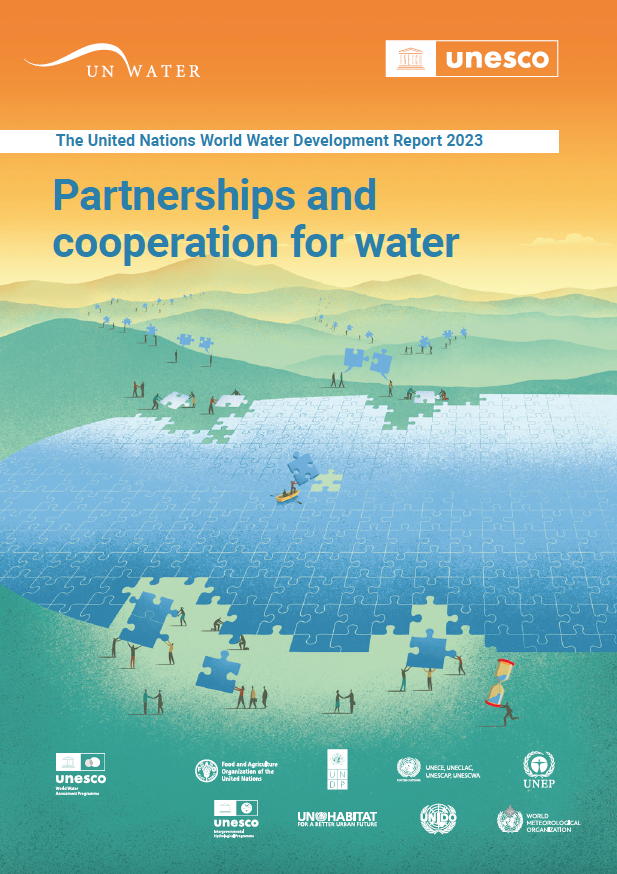
Water Institute member Larry A. Swatuk, Professor in the Faculty of Environment’s School of Environment, Enterprise and Development (SEED), had his work with the W12+ initiative featured in the United Nations World Water Development Report 2023, Partnerships and cooperation for water.
Released at the UN 2023 Water Conference held March 22-24 in New York, the report directly informed discussions, describing how building partnerships and enhancing cooperation across all dimensions of sustainable development are essential to accelerating progress towards the Sustainable Development Goal for water and sanitation (SDG 6) and realizing human rights to water and sanitation.
The W12+ Programs is a partnership-based initiative jointly run by the Institute for Ecological Civilization (EcoCiv) and a registered charity based in South Africa (SOS NPO) born out of the crisis experienced by Cape Town as it approached Day Zero. W12+’s mandate is to connect, catalyze and incubate water solutions, particularly in urban contexts facing the dual crisis of climate change and rapid urbanization. W12+ Programs address the obstacles to water security through a two-pronged approach: supporting local leaders who are working to solve their own communities’ water security challenges via hubs; and connecting these leaders or decision-makers to global resources and knowledge via the Blueprint’s network and other W12+ events such as the ‘W12+ Drive-In’.
W12+ has three African ʽhub ̕ locations: in Wau (South Sudan) with Water for South Sudan (WfSS); in Minya (Egypt) with Life from Water; and in Johannesburg (South Africa) with the National Business Initiative. Via a participatory process, these hubs each identified key priority interventions to transition towards a water-secure future. W12+ then provided a supportive, capacity development partnership to design, implement and evaluate these interventions, ultimately sharing them widely with the W12+ network broadly to prompt global adaptation and uptake, scaling the impact of each W12+ Hub.
The W12+ Blueprint, the website devoted to urban water solutions, currently houses over 35 case studies representing adaptable and replicable water solutions from over 30 countries globally. W12+ also organizes informational and networking events for local leaders, activists, policy-makers and government leaders, including W12+ Drive Ins and W12+ Congresses.
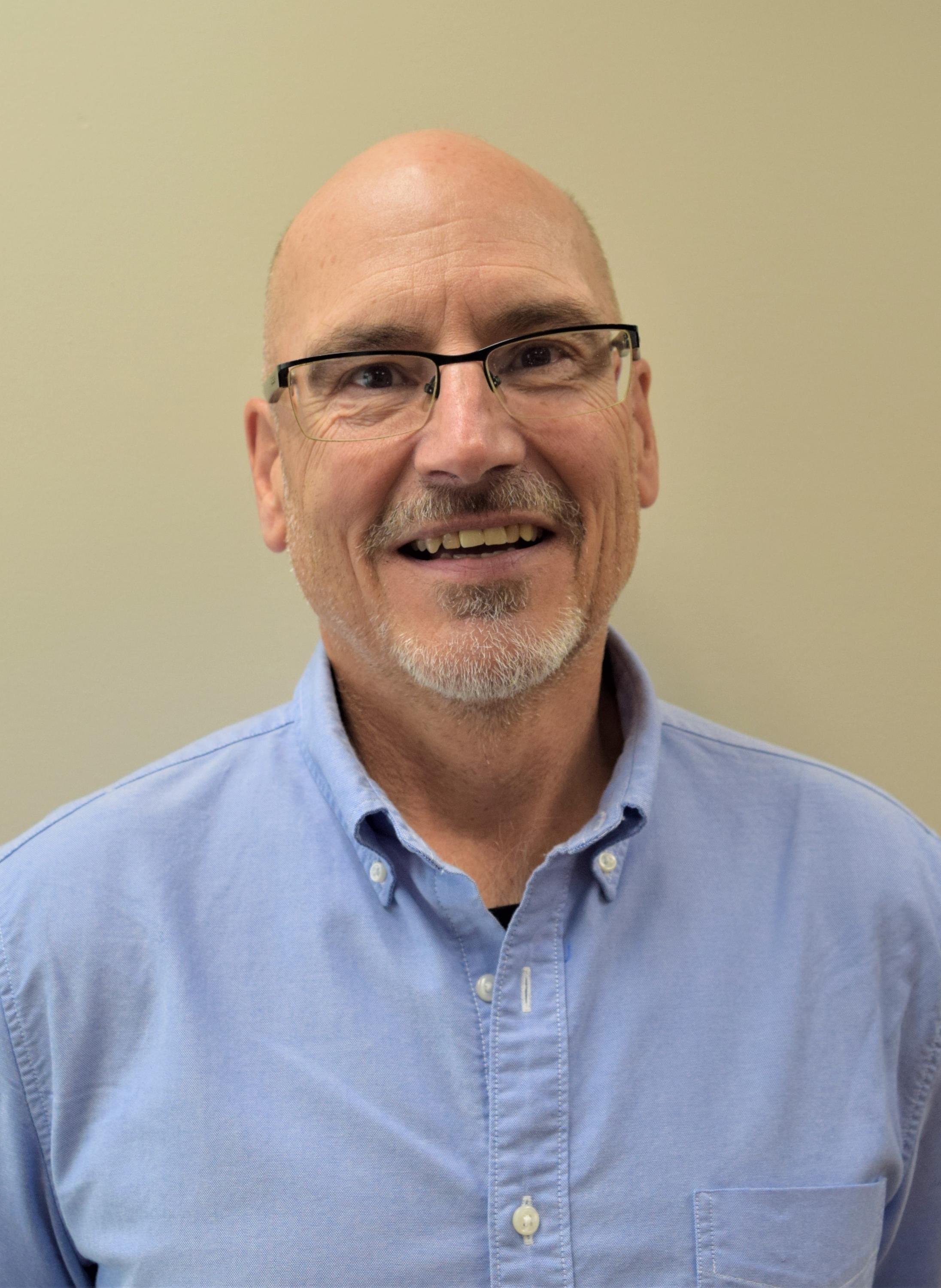
Professor Swatuk has been part of the W12+ Programs since 2019. Following an international conference devoted to critically reflecting on Cape Town’s experience with near ‘Day Zero’, Swatuk was brought on board as resident water expert to help EcoCiv and SOSNPO in their newly created alliance called W12+ to design a program of action-based research and practice in support of urban water security.
Larry A. Swatuk, Professor in the Faculty of Environment’s School of Environment, Enterprise and Development (SEED).
‘We are a small team of practically-minded, solution-oriented people who share a vision of urban water security that is above all socially equitable, in addition to being environmentally and financially sustainable.’ – Larry A. Swatuk
‘I believe that we have found a niche for ourselves as “helpful fixers” and “facilitators”, bringing together groups and individuals to find common cause through the identification of actionable projects’, he says.
‘At the UN World Water Conference we showcased our interactive website, the W12+ Blueprint, which houses dozens of urban water solutions across many issue areas. We also attended a side-event hosted by the South Sudan embassy focusing on the myriad water challenges faced by that new country. At that session were several of our partners who enabled, through the ‘hub’ we organized in Juba, the creation of South Sudan’s first and only Water Institute. Over the month of March, the Water Institute conducted a training workshop devoted to water quality testing and monitoring. This was attended by participants from four of South Sudan’s ten states. It is the Water Institutes’ intention to mount another such training in June, this time involving participants from the other six states. Of course, such activities require considerable financial resources and political goodwill – which is where W12+ comes in. It’s not easy, but nothing worth doing ever is.’
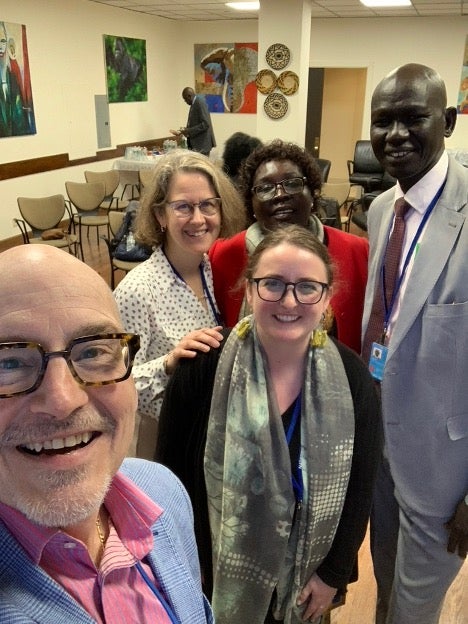
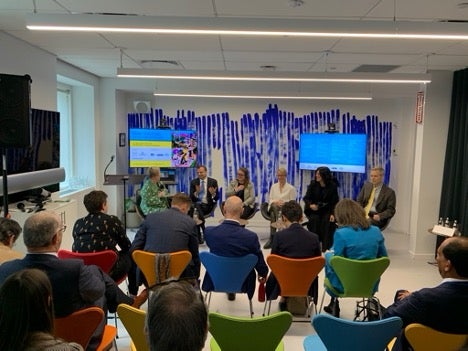
Photo L: Professor Swatuk with W12+ partners Lynn Malooly (back left; Water for South Sudan), Ellie Leaning (foreground; EcoCiv), the Hon. Yar Paul Kuol Awar (back middle; Managing Director, South Sudan Urban Water Corporation) and Peter Mahal Dhieu Akat (back right; Director General, Water and Sanitation for all, Ministry of Water Resources and Irrigation). Photo R: Ellie Leaning (third from left), in discussion regarding the W12+ Blueprint at the C40 and Grundfos co-hosted side-event ‘Water Safe Cities: A Blueprint for Climate Action’, held at the Danish Embassy during the UN World Water Conference in New York.
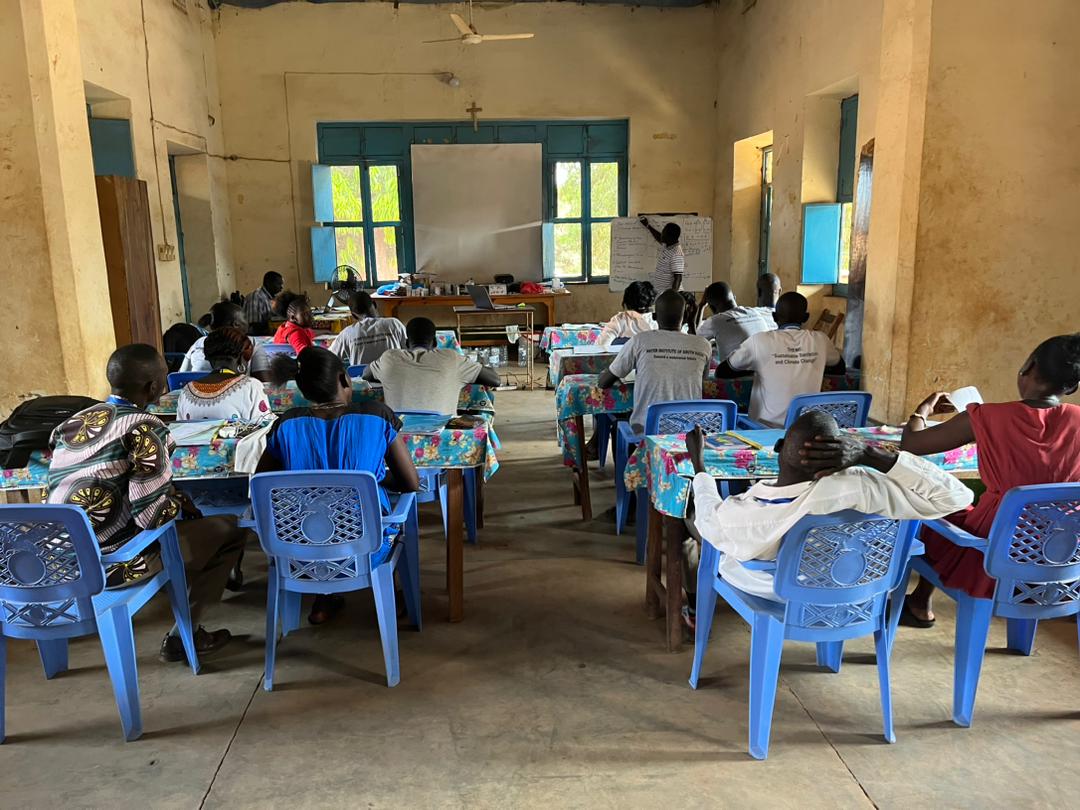
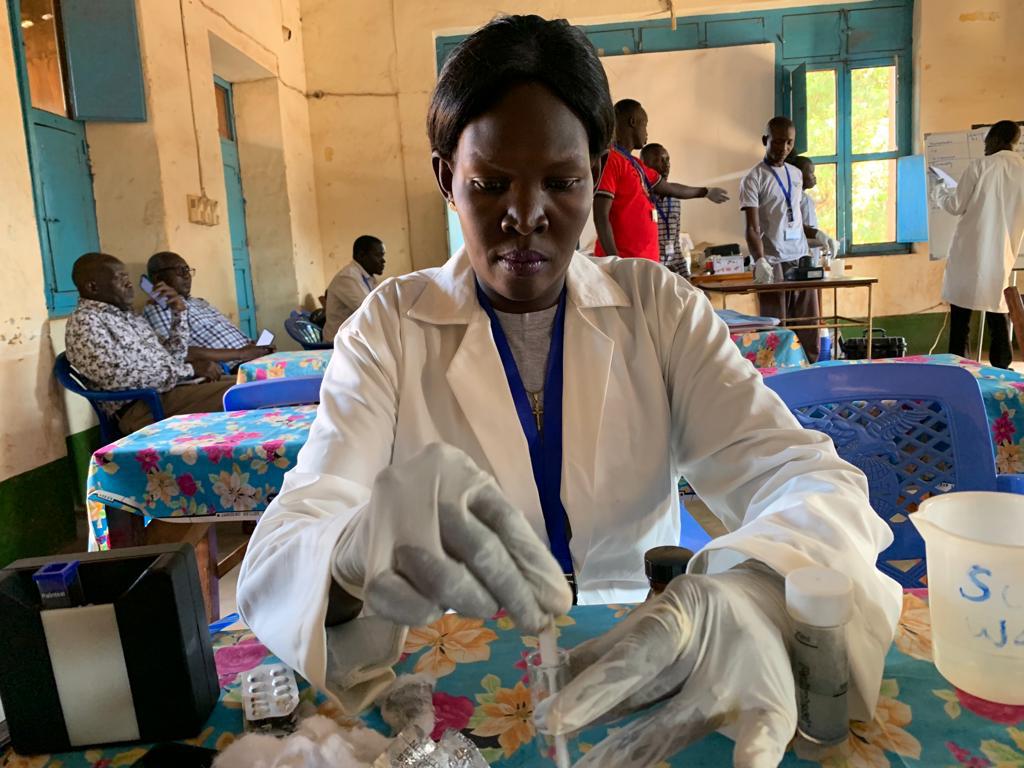
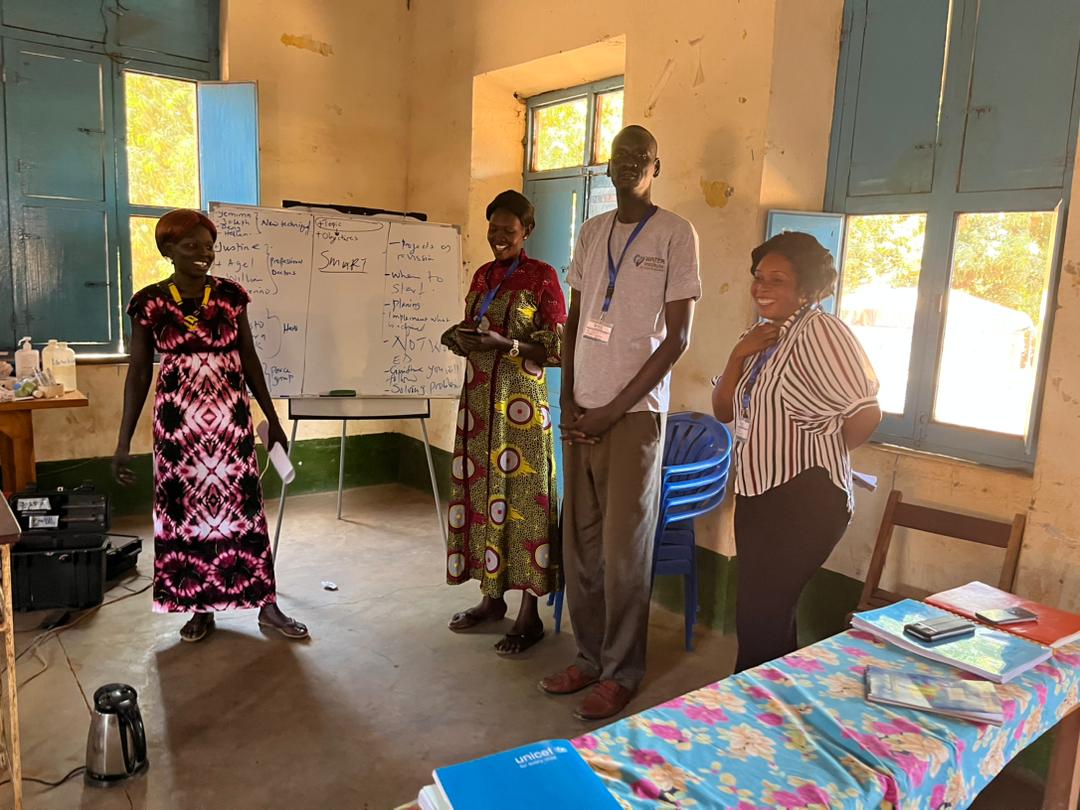
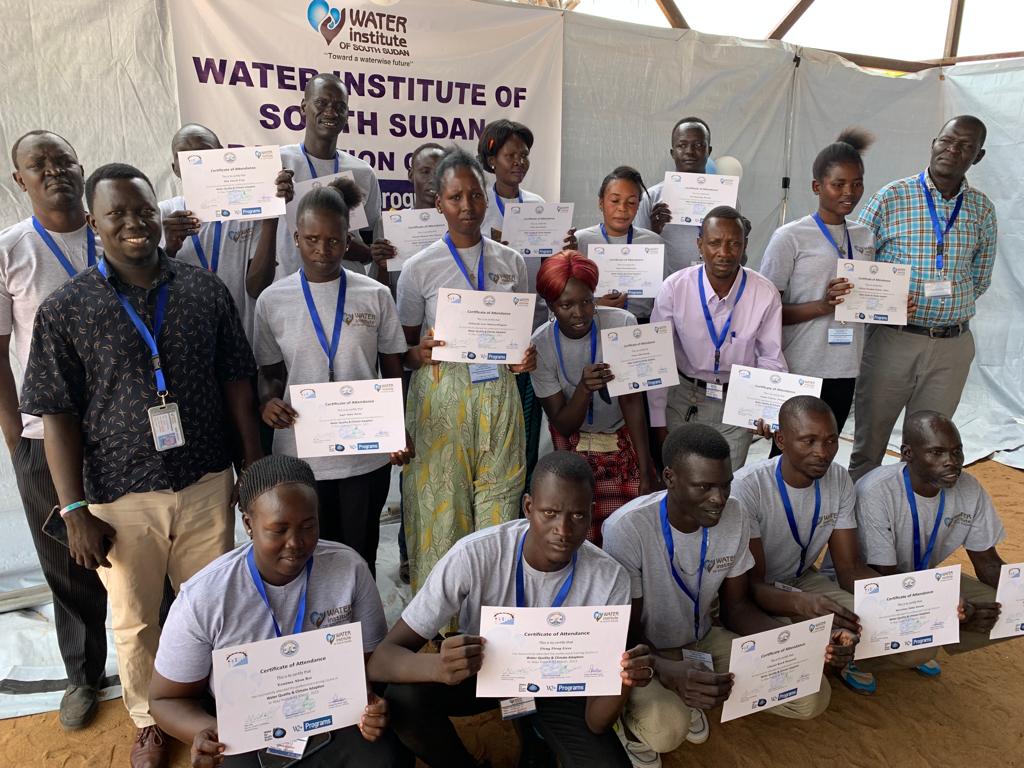
Photos: Training at the W12+ South Sudan Hub's recently launched Water Institute.
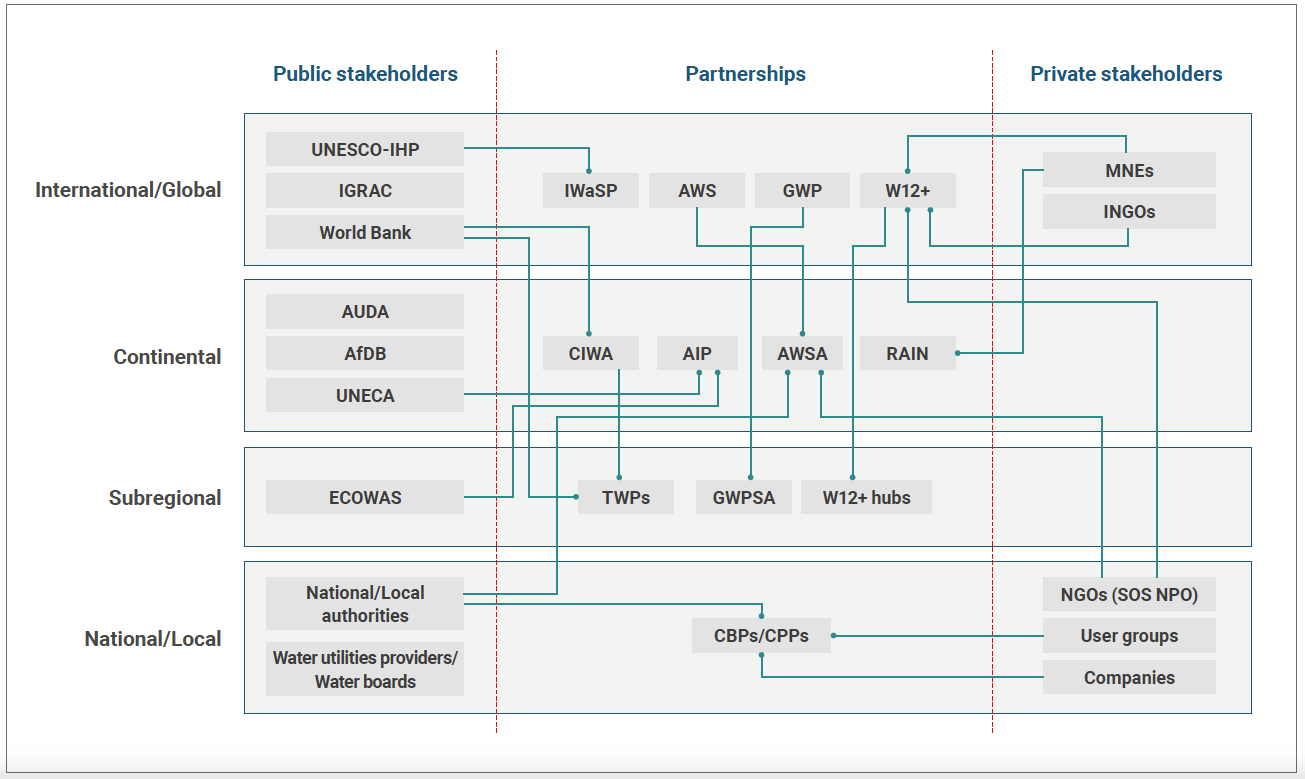
Figure 8.1 Complex landscape of water partnerships in Africa featured in the United Nations World Water Development Report 2023.